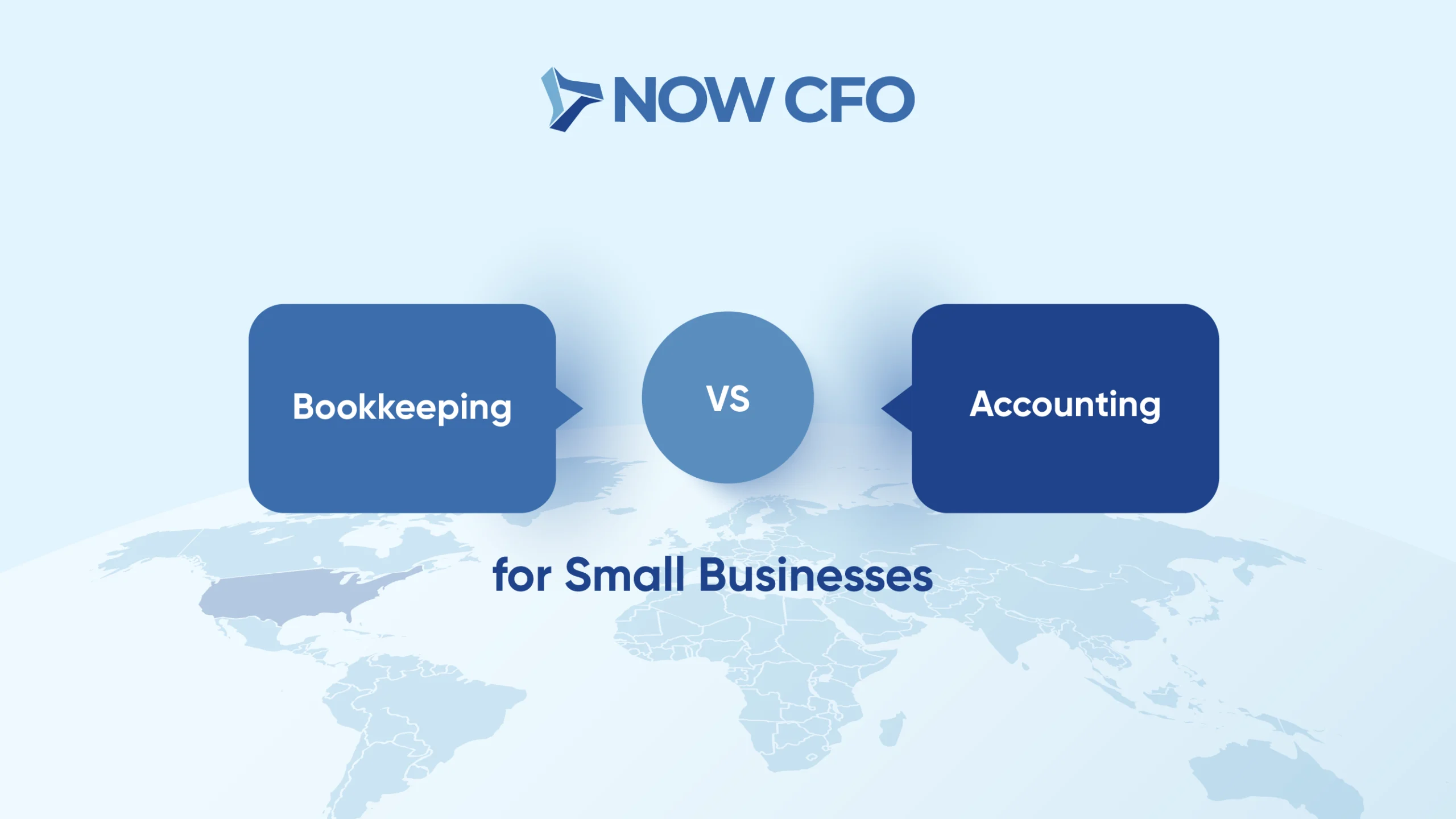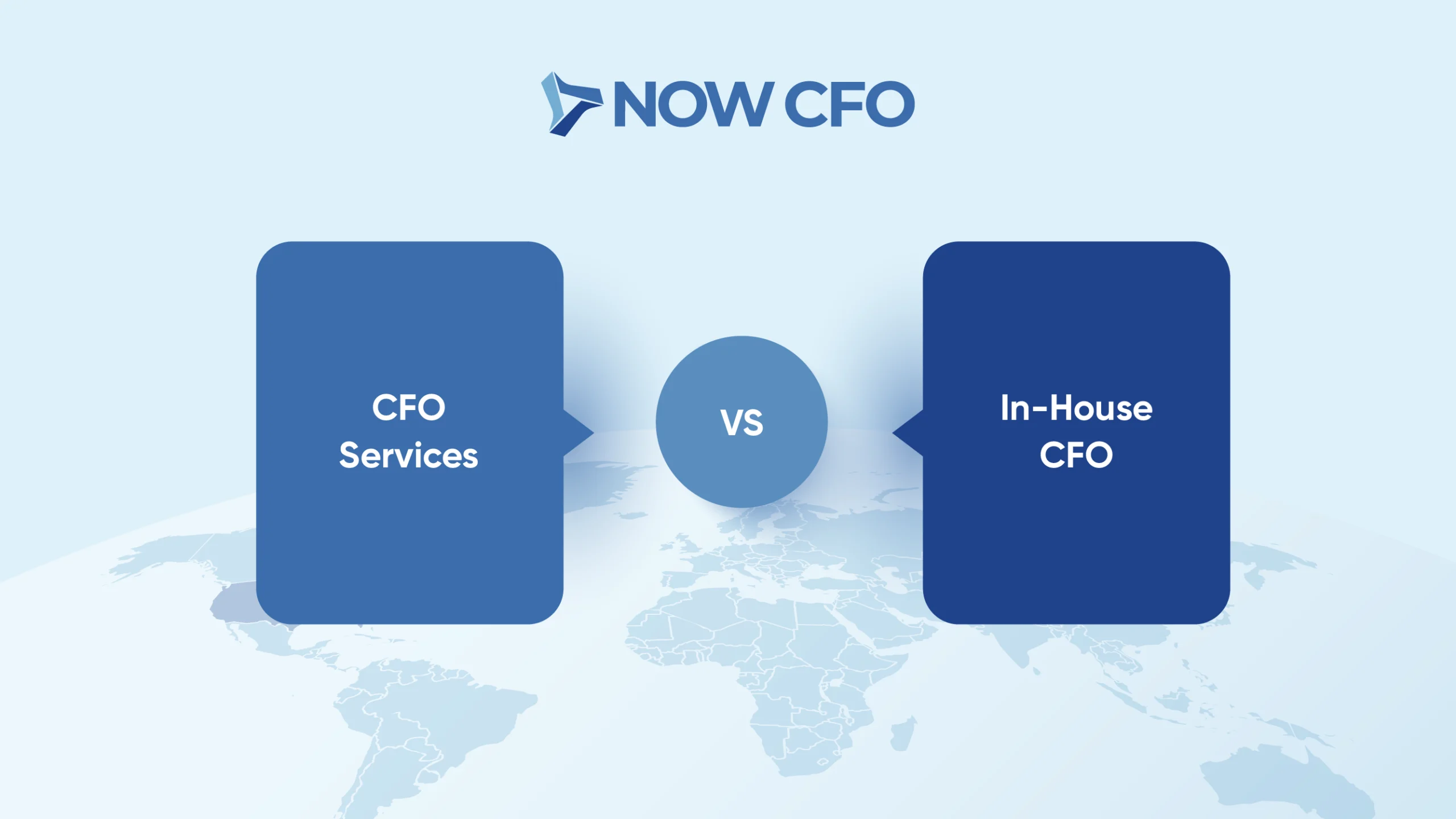
What is Risk Management?
Risk management is the process of identifying, assessing, and controlling threats to an organization’s capital and earnings. A risk management plan increasingly includes companies’ processes for identifying and controlling threats to its digital assets, including proprietary corporate data, a customer’s personally identifiable information and intellectual property. Risk management is going to ultimately save your business money and increase the likelihood of success.
The Process:
- Identify the risk
- Analyze the risk
- Prioritize the risk
- Treat the risk
- Monitor the risk
Why Is It Important?
The purpose of internal controls and risk management is to ensure that the company’s operations are effective, that financial and other information is reliable, and that the company complies with the relevant regulations and operating principles. The Board of Directors, assisted by the Audit Committee, is responsible for monitoring and assessing the effectiveness of the company’s internal control and risk systems. Internal audit assists the Board of Directors with its monitoring responsibility by ensuring that the group’s control measures have been planned and set up effectively.
What is Risk Response and The Importance?
Risk response is the process of developing strategic options, and determining actions, to enhance opportunities and reduce threats to the project’s objectives under risk management.
The 4 Risk Response Guidelines:
- Avoid—seeking to eliminate uncertainty
- Transfer—passing ownership and/or liability to a third party
- Mitigate—reducing the probability and/or severity of the risk below a threshold of acceptability
- Accept—recognizing residual risks and devising responses to control and monitor them
How Does a CFO Manage and Mitigate Risk?
- Control Environment
- Information and Communication
- Risk Assessment
- Control Activities
- Monitoring Activities
Risk management is a role that has seen significant growth among CFOs. “In 2012, CFO Magazine surveyed financial executives, 72 percent of whom claimed that their organizations had increased the amount of resources devoted to risk management over the past two years. According to Deloitte’s second-quarter 2018 CFO Signals report, over half (55 percent) of CFOs surveyed said that they are responsible for their company’s enterprise risk management.” A CFO has a large say in the way Risk Management is ran and controlled. It is important that your CFO has Risk Management in mind at all times.
NOW CFO’s Expertise
Our expert consultants have extensive experience and training to assist in identifying opportunities and implementing internal controls for your company.
This includes protection from fraudulent activities, operational inefficiencies, and not adhering to company policies. Whether it be establishing Internal Controls for public reporting or private safeguarding, our professionals have years of experience with Sarbanes-Oxley Section 404 audits and can assist your company in establishing procedures for your internal control structure. Fraud can happen to any company. There are checks and balances that can be implemented in order to do this, and NOW CFO is here to help.














